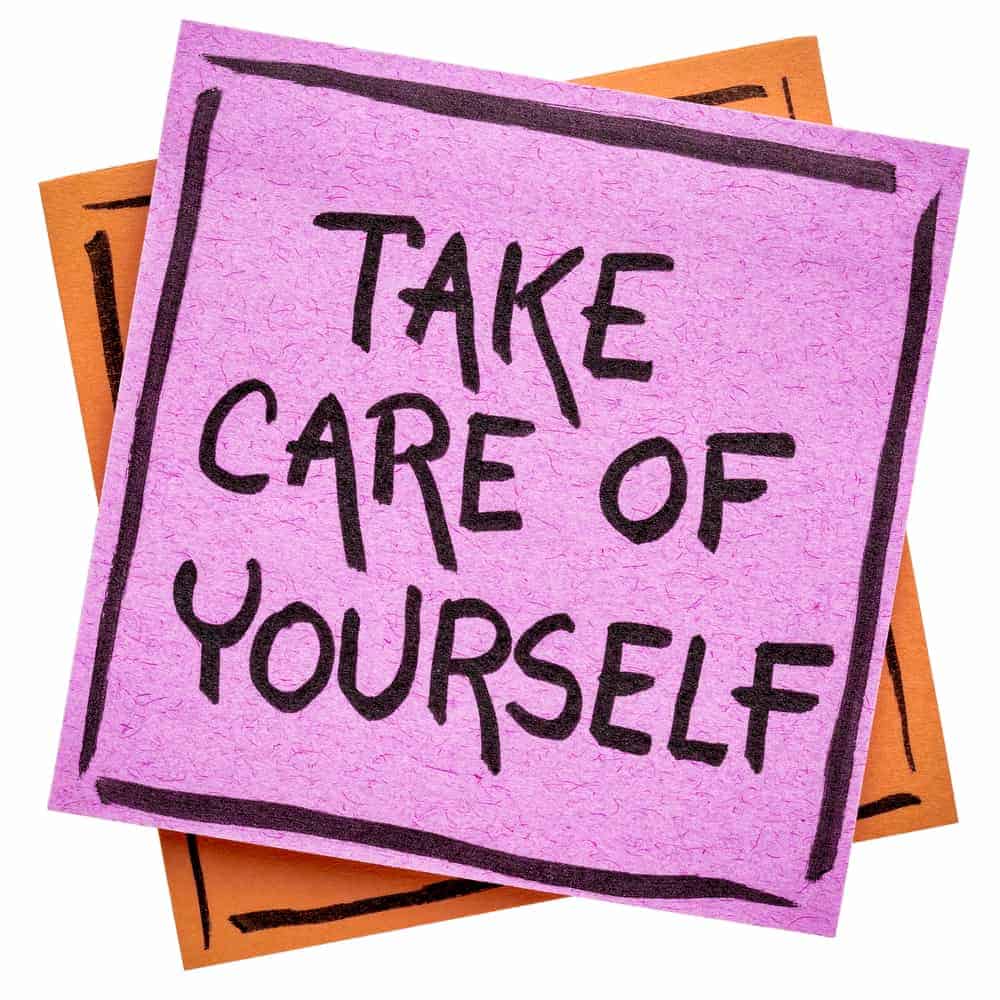WRITTEN BY: BREE TAYLOR
STUDENT WELLBEING COACH
Cht, Dip App Sci, Mas NLP

Change can be scary. As humans, any form of sudden and unexpected change (such as isolation) can bring up feelings of uncertainty, anxiety and a range of other mental health issues. During this time of rapid change in Australia, ensure you make a conscious effort to put the wellbeing of yourself, your family and your community at the forefront of your mind wherever possible.
The truth is if you find yourself slipping into ‘What if’ scenarios, are constantly worried, researching or analysing extensively, these are signs of Health anxiety and can spiral into both physical and emotional stress. The more we worry, stress and focus on the problems we face, the more our body releases stress hormones like cortisol, placing extra burden on the adrenal system and weakening our immunity.
We all benefit from being calmer, positive, and in excellent health to both support our immune systems and minimise exposure, but also to keep our emotional wellbeing at its best.
If we can find ways to restore a healthier state of being, we can still be productive during this time of change.
So how do we do that?
By keeping things simple. Amid a changing world, it becomes even more important that we follow our usual daily routines, or if that isn’t possible, create new habits to support our wellbeing long term.
We are creatures of habit, so a big key to staying calm amidst the change is having solid routines in our home life. These things will keep us emotionally grounded focused and taking positive action each day.
While this time of minimal social interaction is probably new for us all, it also provides a wonderful opportunity to laser focus on your studies and be productive. Just remember to maintain some balance in other areas of life; being locked away in your house all day studying is not ideal long term.
MAINTAINING YOUR WELLBEING WHILE STUDYING
To create a health state of wellbeing and get your studies completed with minimal stress, focus on these five key things to ensure you keep moving forward with life.
- Create / solidify your daily habits and routines
- Focus on what you CAN do
- Exercise
- Have some meaningful projects
- Stay connected

Create / solidify your daily habits and routines
Be proactive and establish routines as soon as possible – this will help reassure your ‘monkey mind’ and allow you to continue with life in a positive way.
Activities you may factor in as part of daily routines are:
- Bed time and waking / rising routines
- Meal times (breakfast, lunch dinner) – be sure to eat proper meals
- Work / study time – remember to include appropriate study breaks
- Exercise – do something moderate most days or at least 3 x a week
- Get outside – we need fresh air and movement to stay healthy and happy
- Social connections – having time to connect with friends/ family each day
- Self-care – this can be doing your hobbies or creating new projects
Focus on what you CAN do (not on what you can’t)
It can be easy to fall into an attitude of feeling limited, restricted or remembering all the things you cant do right now. This wont help! Instead begin to discipline your mind to focus on what you CAN do and you may be surprised at how creative you can get.
This could mean having more time to get into those ‘long term projects’ you’ve been dreaming about, doing more exercise, or having more time with your family.
By focusing on what you do have and what you can do you are also cultivating gratitude – this positive attitude will encourage a better overall outlook and also increase your overall wellbeing.
Exercise
Did you know regular exercise is one of the most effective treatments for both Depression and Anxiety? By regulating our stress hormones and stimulating endorphin release as well as keep us active and healthy, exercise is almost like a magic pill that we all need to take.
Make time to move your body for 10 minutes each day – e.g. a walk around the block – and potentially do a higher form of exercise – e.g. a gym workout – 3 or more times a week.
If you are feeling stressed, activities like yoga and Pilates can be done at home and will enhance flexibility while reducing stress hormones in the body. Of course, eating well and staying hydrated are also key ways to support your bodies physical health during this time.
If you can, try to get some of your exercise done out in Nature – this can be in your back yard or at local parks /bush areas where social distancing is viable.


Have meaningful projects
In times of great challenge hope is our greatest medicine. We all need to cultivate some form of hope that things will get better and life will go on. Having something that we are moving towards – like a new project in the garden at home, learning a new skill, or finishing something that’s been left incomplete – provide a sense of satisfaction, hope and pride.
What do you have that you have been “putting off” doing? What projects are half done or you never even began? Go dig them out and make time 1 hour a week or 10 minutes a day to focus on this.
This could be taking time out to relax both mind and body – meditate, read, practice mindful behaviours.
Stay connected
Firstly, remind yourself this is only temporary – things will change, and by following social distancing or isolation guidelines we are all helping the wider community; particularly susceptible people within the community.
We are all in need of social and human interaction, so find creative ways to meet this need in yourself and stay connected.
As we remain connected with friends, family and colleagues – through the use of phone, email and social media platforms, many kinds of group interactions can be maintained.
Consider having a virtual “happy hour” and make regular time to connect with friends or family. You may even consider having a “virtual party” instead of meeting at the coffee shop as we used to do. Get creative, but most of all don’t feel you need to hide away and go it alone. We are designed to be with other people and are wired to connect. Don’t negate how important this is for you as part of maintaining your own emotional wellbeing.

OTHER TIPS
Minimise media
Avoid perusing news or social media to excess – especially if you are an anxious person. Exposure to ongoing data can heighten fears and anxiety for any of us. Be sensible and limit your exposure to once or twice a day, or find social media channels that have a positive spin on this situation such as The Kindness Pandemic on Facebook.
Ask for help
We are here for you, so remember you are not alone. Be willing to reach out and seek help for yourself and others if needed.
Support from ACVN for our students includes – Phone Student Assist, visit our ACVN Facebook group or speak with our dedicated Wellbeing coach.
